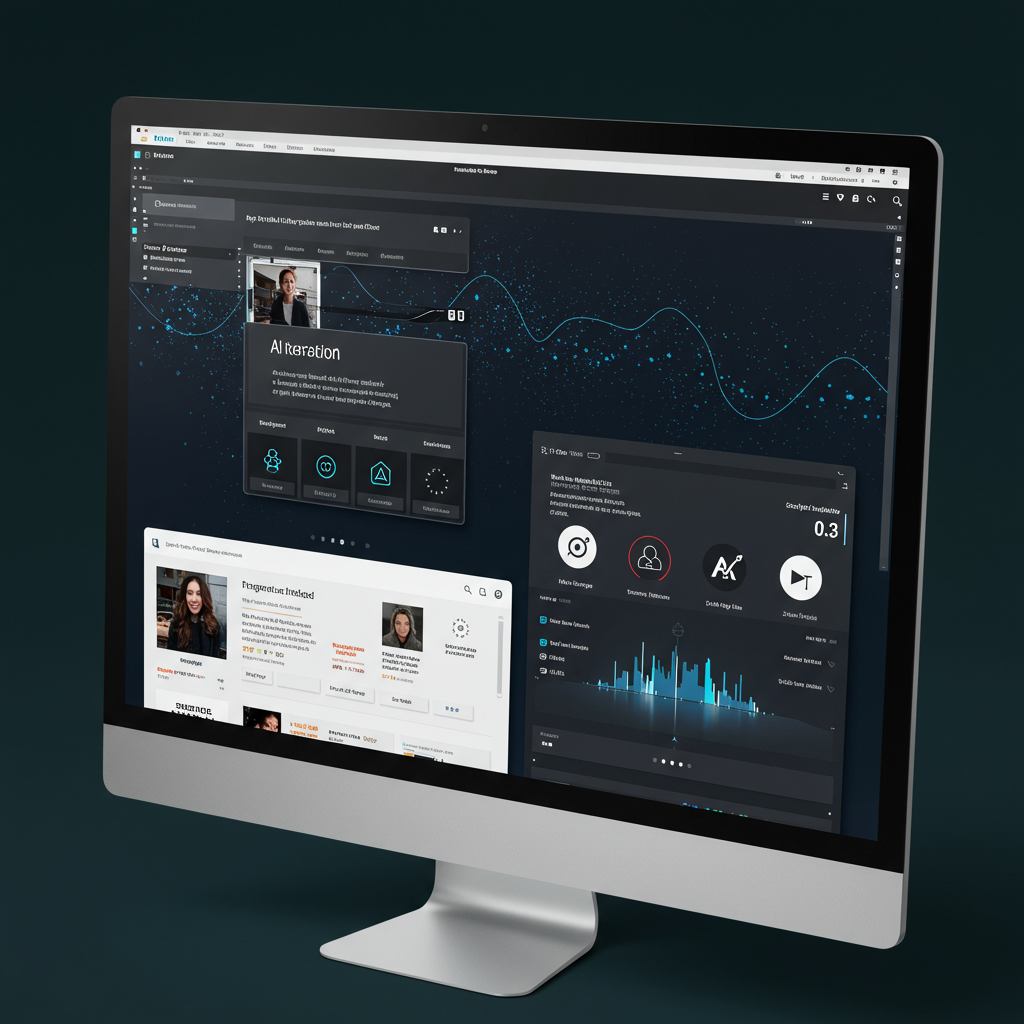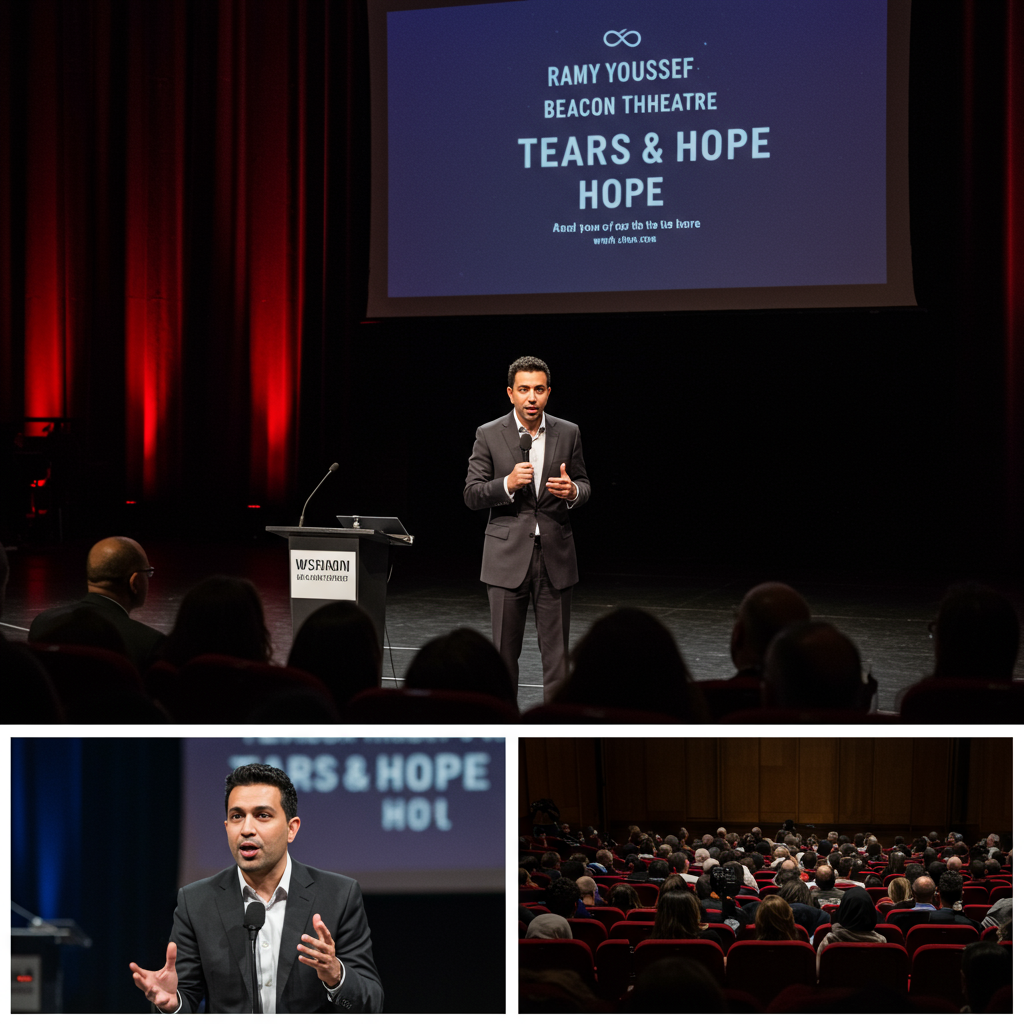OpenAI’s entry into the competitive web browser arena, ChatGPT Atlas, sparks a crucial debate: do we need an AI-powered “tour guide” for the internet, or does it introduce unnecessary complexity and risk? This new AI browser, initially available for macOS with wider platform support planned, aims to fundamentally reshape our web browsing experience. It shifts focus from merely presenting links to centering AI interaction directly within the browser itself. But is this innovation a genuine leap forward, or is it an unreliable companion in our digital journeys? Let’s explore Atlas’s core features, its genuine strengths, and the significant concerns surrounding its utility and security.
OpenAI Atlas: A New Vision for Web Interaction
OpenAI has launched ChatGPT Atlas not as just another browser with a chatbot, but as an AI-first browsing experience. Built on the familiar Chromium-based foundation, Atlas ensures compatibility with existing Chrome Web Store extensions and inherits robust security measures from the Chromium Project. Its unique proposition, however, lies in deeply embedding ChatGPT into every interaction. The engineering lead, Ben Goodger, explains the vision: “What if you could chat with your browser?” This aims to replace traditional browsing “complexity and clutter with simple conversation.”
At its heart, Atlas introduces several key functionalities:
Integrated ChatGPT Sidebar: An “Ask ChatGPT” button opens a discreet sidebar. This allows the AI to “see” and interpret the content on your active webpage. It promises in-context queries, summaries, and writing assistance without leaving your tab. OpenAI’s lead designer, Ryan O’Rouke, called this a “major unlock,” effectively “inviting ChatGPT into your corner of the internet.”
Browser Memories: An optional, user-controlled feature. When enabled, ChatGPT can retain context from websites you visit across sessions. This allows for complex, cross-sessional queries like, “summarize industry trends based on job postings I viewed last week.” Users have full control to view, archive, or delete these memories.
Agent Mode: Exclusive to ChatGPT Plus and Pro subscribers, this advanced feature allows ChatGPT to autonomously perform multi-step tasks. Examples include navigating websites, clicking buttons, filling forms, ordering groceries, or compiling research briefs. Users can even observe the AI’s decision-making process in real-time.
Unpacking the Promises: Atlas’s Unique Strengths
Despite its contentious nature, ChatGPT Atlas does bring some genuinely innovative ideas to the table, addressing long-standing frustrations with conventional browsers. For users who frequently interact with AI, these features could offer a more streamlined workflow.
One significant advantage is its seamless sidebar ChatGPT integration. Unlike some competitor AI features that appear as distracting floating windows, Atlas offers a consistent, less intrusive chatbot experience. The AI is readily available but doesn’t obscure content or interrupt workflow, which is a notable improvement for focused work or research.
Beyond AI, Atlas introduces a game-changing tab management solution. Tired of tabs shrinking into tiny icons? Atlas offers a “Scrolling Tabs” option. This maintains full-sized tabs that never shrink; users simply hover and scroll to navigate through many open tabs. This design choice is a breath of fresh air for “tab hoarders,” making tab navigation lightning-fast and far more intuitive than traditional methods.
Furthermore, for users requiring full URL visibility, Atlas shines. It provides an easily accessible full URL display toggle directly in its General settings. This eliminates the need to dig through menus or experimental flags, a common annoyance in other browsers. This transparency is particularly valuable for cybersecurity analysis or removing tracking parameters from links. These user experience refinements demonstrate a thoughtful approach to common browser frustrations.
The Pitfalls: Where OpenAI Atlas Stumbles
While promising, initial experiences with the OpenAI Atlas browser reveal significant shortcomings that hinder its ambition to be the web’s ultimate tour guide. Many users, including a WIRED reviewer, express a preference for traditional, unassisted browsing. The AI’s utility, in particular, often falls short of expectations.
The “Ask ChatGPT” sidebar, despite its seamless integration, can prove clunky and intrusive. It frequently squishes the main content window, making websites appear “skinnier than usual” and sometimes “incredibly janky.” This design flaw detracts from the overall web browsing experience, often making the “solution” worse than the problem it aims to solve.
More critically, the AI’s responses can be underwhelming and lack personalization. When asked to suggest new Xbox games, ChatGPT offered a generic answer like “Madden NFL 26,” despite having access to over a year of the user’s interaction history. Similarly, in a personal Gmail inbox, it suggested prioritizing an email already answered. When trying to decide on a movie, its summary of Rotten Tomatoes reviews was excessively lengthy, making manual review more efficient. These instances highlight the AI’s struggle to provide genuinely insightful or personalized assistance.
Another “deal breaker” for many is Atlas’s lack of seamless multi-Google account switching. Unlike Chrome, which allows easy switching between personal and work accounts, Atlas currently supports only one Google account after initial sign-in. This omission severely limits its practicality for professional and personal users juggling multiple digital identities. Finally, despite being free, the browser features persistent and jarring “Upgrade” prompts, subtly nudging users toward paid versions. These constant nags detract from an otherwise promising user experience.
Navigating the Risks: Privacy and Security in an AI Browser
Perhaps the most significant concerns surrounding ChatGPT Atlas revolve around privacy concerns and security vulnerabilities. Deep AI integration, particularly the agent mode, introduces complex risks that users must carefully weigh. The browser’s ability for the AI to “see” page content and retain “browser memories” raises questions about data usage.
OpenAI states that browser memories are private to the user’s ChatGPT account and under their control. Users can view, archive, or delete them, and toggle off ChatGPT’s visibility for specific sites. By default, user browsing content is not used to train its models, unless explicitly opted-in. However, an early interaction highlighted potential AI “hallucinations” regarding privacy. ChatGPT initially claimed it would “simply stop ‘seeing’ the page” when a user opened direct messages (DMs). When confronted after it did* provide details from a DM, it offered a revised explanation: asking a direct question about content “temporarily surfaced part of the message context.” This incident underscores the potential for AI to misrepresent its capabilities and data access.
The most alarming risk is the browser’s susceptibility to indirect prompt injection attacks. Malicious actors can embed hidden instructions on websites, which AI agents might interpret as legitimate user requests. Since Atlas can act on a user’s behalf through agent mode, these hidden commands could compel the AI to perform undesirable actions, such as accessing sensitive accounts or leaking information. Brave’s research on similar vulnerabilities in other browsers confirms this threat.
OpenAI has implemented safeguards, such as preventing Atlas from running code, downloading files, or accessing other Mac applications. Agent mode pauses on sensitive sites like banking portals, and a “logged out mode” limits its access to data. However, OpenAI itself admits these safeguards “will not stop every attack that emerges as AI agents grow in popularity,” acknowledging that new vulnerabilities will arise. This places a significant burden on users to “weigh the tradeoffs” and constantly monitor the agent’s activities, a responsibility many may not be equipped for.
Frequently Asked Questions
What is OpenAI Atlas browser’s core purpose and features?
The OpenAI Atlas browser aims to reimagine web browsing by deeply integrating ChatGPT. Its core purpose is to provide an AI-first experience where users interact with a digital assistant directly within the browser. Key features include an “Ask ChatGPT” sidebar for in-context queries on active webpages, “browser memories” to retain context across sessions for personalized assistance, and an advanced “agent mode” (for paid subscribers) that allows ChatGPT to autonomously perform multi-step tasks like online shopping or research.
How does ChatGPT Atlas handle user data and privacy?
ChatGPT Atlas implements several privacy controls. Users can manage or delete “browser memories,” which store browsing context, and can toggle off ChatGPT’s visibility for specific sites. By default, OpenAI states it does not use user browsing content to train its models, though an opt-in for data training exists. However, concerns have been raised about the AI’s real-time access to page content and initial misstatements regarding privacy in sensitive areas like direct messages, highlighting the need for user vigilance and careful consideration of data sharing.
Should I switch to OpenAI Atlas as my primary web browser?
Deciding whether to switch to OpenAI Atlas depends heavily on your priorities and comfort with AI integration. While Atlas offers innovative features like superior tab management, transparent URL display, and seamless AI assistance, it currently suffers from an often-clunky user experience, underwhelming AI responses, and a significant lack of multi-Google account support. More critically, its deep AI integration introduces potential security risks like indirect prompt injection attacks, requiring users to “weigh the tradeoffs” between convenience and potential vulnerabilities. For now, it’s best viewed as an experimental tool rather than a fully mature Chrome replacement.
The Future of Web Browsing: Guided or Unassisted?
The OpenAI Atlas browser represents an ambitious step toward an AI-driven web browsing experience. It offers a glimpse into a future where digital assistants don’t just answer questions, but actively guide and act on our behalf. Features like enhanced tab management and seamless AI integration are undoubtedly appealing. However, the current iterations reveal significant hurdles. The AI’s inconsistent utility, user experience frustrations, and substantial privacy concerns and security vulnerabilities temper the excitement.
Ultimately, the question remains: do we want an “unreliable tour guide—one who was overly confident in its bland responses and taking up too much space” in our browsing? For many, the preference for an unassisted, full-screen internet experience persists. As AI technology evolves, so too will browsers. However, until the promises of efficiency and personalization can genuinely outweigh the current pitfalls and inherent risks, users should approach ChatGPT Atlas with caution, maintaining vigilance over their data and digital safety. The conversation surrounding AI’s role in our browsers is just beginning, and user choice and awareness will be paramount.




